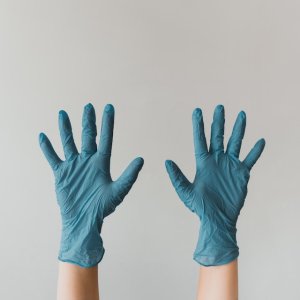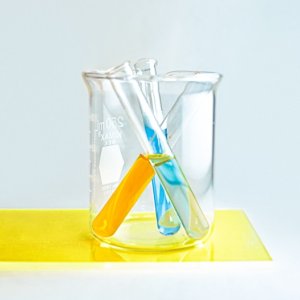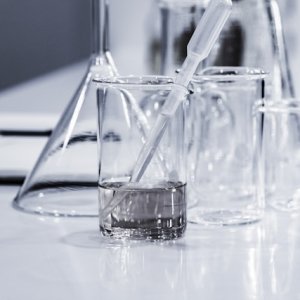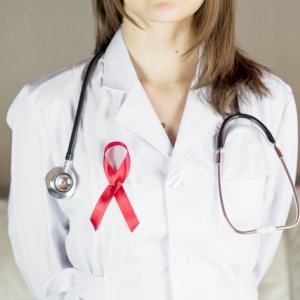Specialization to Boost COVID-19 and Non-COVID-19 Projects

STORY INLINE POST
Q: What new opportunities and services has LEI developed during the pandemic?
A: We have been very involved in COVID-19-related solutions. We have seen growth opportunities in the pharmaceutical industry and in the production of cleaning supplies.
In the pharma industry, we are involved in a vaccine manufacturing project in Mexico. This has turned the focus of our technology to these types of products, which we would not traditionally analyze, as the referenced laboratory for these products was COFEPRIS’ Analytical Control and Expansion of Coverage (CCAYAC) area. We are also working on research for many companies that are developing treatments, specifically those based on antibodies.
During our work with cleaning supplies, we were involved in retroviral trials, where the product is put in contact with viruses to prove its effectiveness. This is what gives products the chance of put the tag “kills up to 99 percent of germs” on their labels.
We are still working on tests for COVID-19, both PCR and antigen. Antigen tests have had the most impact, even though they are not as precise as PCR tests. The practicality of antigen tests has made them more accessible, allowing them to take over the testing market. Despite their accessibility, we have noticed that the illicit market for this type of test has increased, especially as large companies look for them to test their staff.
Q: LEI created specialized tests to detect COVID-19, including PCR tests. How have these been received in the market?
A: The pandemic caused scarcity of supplies to produce PCR tests. Despite this global disruption, we had a strong response through the creation of our own viral transport mediums. The latter were scarce for a long period of time but we could not stop production. Consequently, we developing our own safe medium to guarantee certain results and this was what allowed continuous deliveries.
Q: How is LEI contributing to the development of a COVID-19 vaccine?
A: We are collaborating with leading researchers, for instance with Dr. Manuel Aguilar, whose work we are supporting with toxicity testing. We are also working with larger projects with Universidad Autónoma de Querétaro and CINVESTAV. We have also approached UNAM and AviMex to work on their joint vaccine with IMSS. For the latter, we expect to formalize a collaboration agreement for volunteer sample analysis.
CEPI, the coalition born as a response to the spread of infectious diseases, especially after Ebola, announced it would centralize all laboratory operations as each laboratory was using independent evaluation standards for vaccine approval. Through a centralized laboratory, CEPI is able to compare different companies’ results. For instance, if Pfizer’s vaccine is said to be 93 percent effective, CEPI is able to have an independent standard to validate those results. During the announcement, CEPI was looking for laboratories abroad to work as intermediaries and LEI was considered a very capable, adequate option.
Also, President López Obrador has recently announced an initiative to work on a Mexican vaccine to be called “Patria.” LEI is confident of its capacity to tackle these types of specialized, large projects.
Q: What are the main lessons the healthcare industry must learn from the COVID-19 pandemic regarding testing and treatment?
A: I think that strengthening health risk management is one of the main lessons because in the future, this will effectively avoid the escalation of a virus. Moreover, the strong dependency on foreign supplies needs to change. Our level of dependence is dangerous and can lead to tragic outcomes so we need to invest in our supply chains. To achieve this, private investment should be directed to local R&D so the domestic industry can start maturing. This should not be seen as nationalism but as building a better future and capacities for our country in case a scenario like the current pandemic were to replicate.
In fact, I think this is a joint responsibility of the government and private entities. LEI, as a private company, has the responsibility to invest in R&D. Due to our business line, we cannot depend on the government launching a project or on the budget of CONACYT. Investment must come from the private sector and if the government offers incentives or international funds are available, this could serve as additional support. However, innovation does not depend solely on money but on will.
Q: What are LEI’s main priorities for 2021?
A: The sector must start to focus again on non-COVID-19 problems. Many initiatives for biosimilars and biotechnology drugs have stopped due to the pandemic, a lack of investment and COFEPRIS’ workload. Reactivating the health sector is a concern of the entire health chain because the need for those products did not disappear with COVID-19. People still need efficient, quality products. We are forming alliances with research and biotechnology centers, especially from IPN, to reactivate other research areas. In fact, we offer financial aid to IPN researchers to support their developments.
Another top for consideration is quality control of THC products. As a response to the regulations on the medical use of cannabis, the market will develop quickly. We need to respond with quality control services to validate those products. LEI will also continue working with CROs on COVID-19-related developments as this will remain an issue for at least another year.
Laboratorios de Especialidades Inmunológicas (LEI) is an authorized third party that offers innovative studies on quality control, stability protocols, veterinarian services, clinical analysis and R&D.








 By Miriam Bello | Senior Journalist and Industry Analyst -
Wed, 03/10/2021 - 16:30
By Miriam Bello | Senior Journalist and Industry Analyst -
Wed, 03/10/2021 - 16:30
















